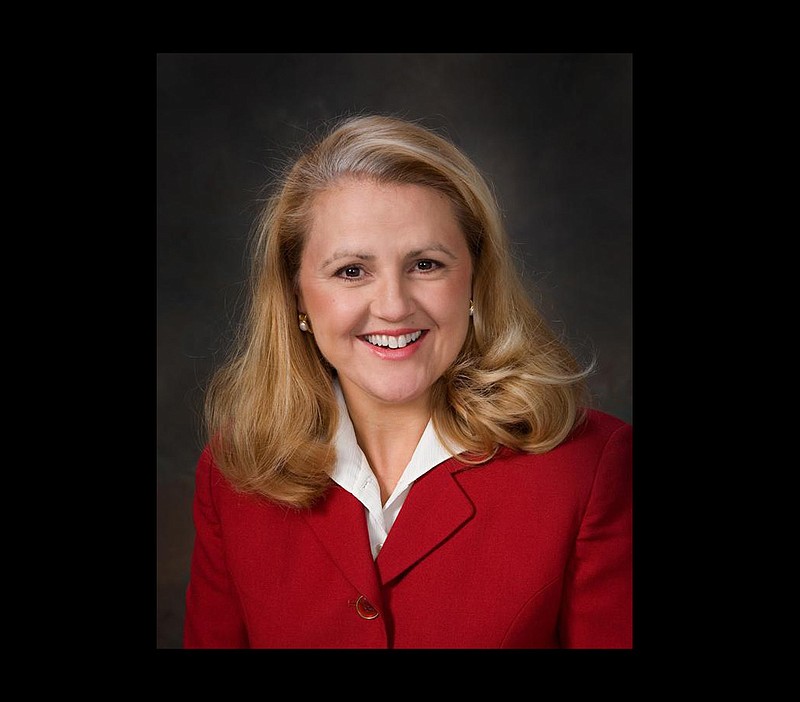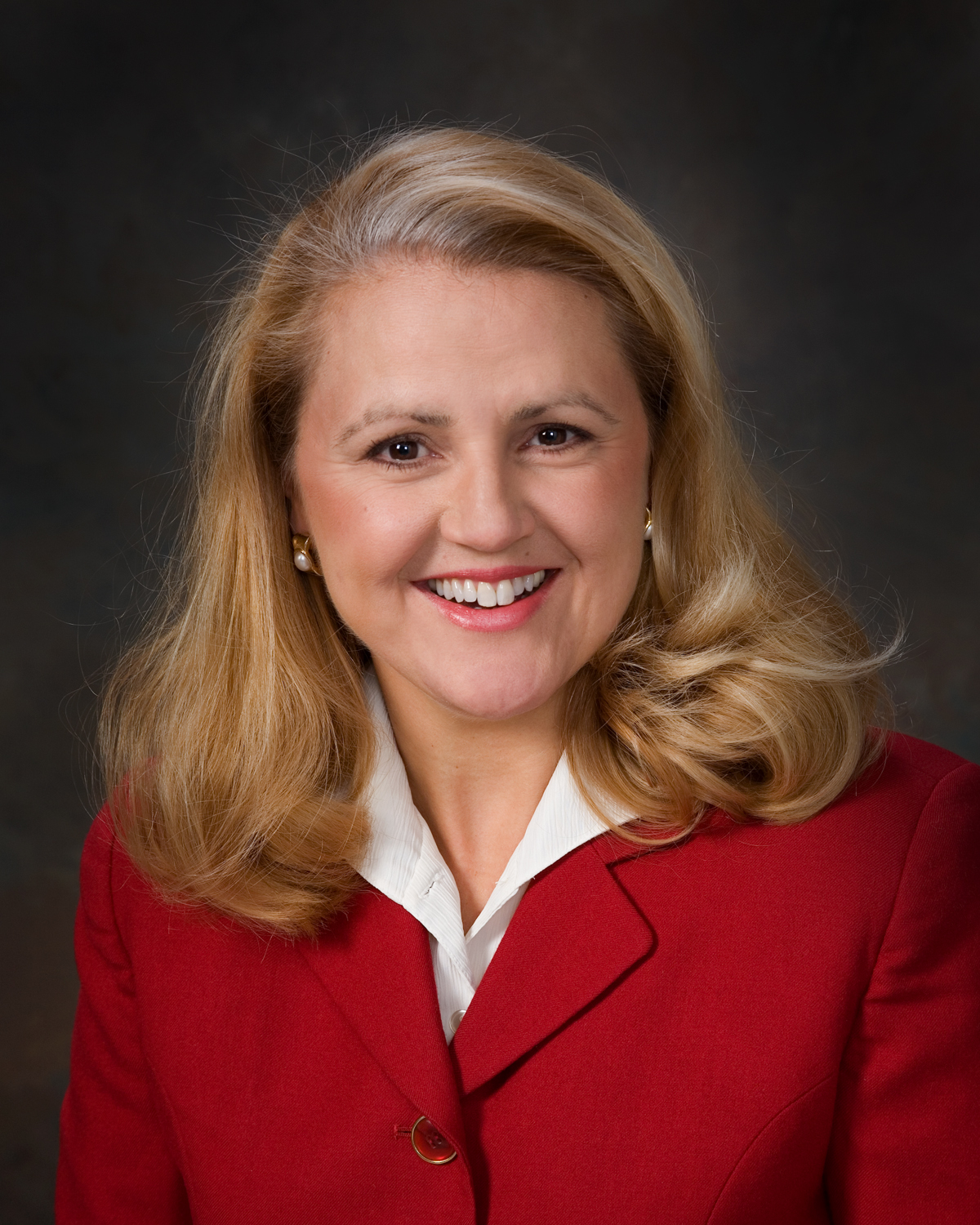As college basketball's March Madness has ended, I've already heard and seen remarks posted online about "next year." The anticipation, the rivalry and the love of competition never ceases.
This weekend we've had the Masters golf tournament, pitting golf's best in competition for the coveted green jacket.
For many, dates on the calendar revolve around sports season competition deemed "good" by our society.
America's economy is consumer-driven. On the whole, our televisions, radios, mobile devices and social media sites churn with commercials advertising the features, advantages and benefits of one product or service in contrast to another. The consumer chooses that which best meets their personal needs and desires.
So there's an open competition for your dollars. This competition creates the supply and demand of free-market economics and produces costs that allow this balance.
There are walled-off areas of our lives, however, where open market forces are actually rejected. Education and health care are two that immediately come to mind. Our topic today is health care.
According to the California Health Care Foundation's interactive data gleaned from the Centers for Medicare and Medicaid Services, as the burden of payment from the consumer has shifted to a faceless "third-party payer," there have been dramatic increases in costs of services and products. In 1960, almost 100 percent of the cost of prescription drugs was paid for by the consumer. That number shrank to only 20 percent out of a patient's pocket in 2010.
A patient no longer is the actual consumer driving the market of health care. You are simply the recipient at the end of a supply chain.
As the government has become the No. 1 purchaser of health care with patients and employers paying for less than 40 percent of the total spent for "health," the natural competitive forces disappear.
Why? Simply, someone else is responsible for paying for the majority of that cost, so the incentive is to over-utilize the service or product with a diminished focus on quality or outcomes. There is no need to create or innovate in such a closed system.
Switch markets. Personal electronics options now include mobile devices, hand-held tablets or laptops, and less-frequently desktop computers. The innovation and demand for these electronics has exploded, yet competition has kept prices within reach for personal purchase and consumption.
The first iPhone just released in 2007 and the first iPad in 2010. Both have spawned several generations of improvements with costs reflective of these changes in technology and prospects for future innovations.
As of July 2012, seventy-five percent of the world's population owned a cell phone. Individual consumers, making individual decisions, spending their own money for personal purchases expressing their likes and dislikes created an environment of accessibility and affordability based on supply and demand.
Gov. Bill Haslam remarked a few weeks ago that "the scandal of the Affordable Care Act is that it doesn't significantly address cost or alignment reform" in keeping "broken" parts of a system in place without addressing the true market forces.
As we cheer the winners in March Madness and regale the Masters champion, how odd that we reject those same forces of competition in regard to such an important commodity such as our health care system that would create natural reforms.
Robin Smith served as charwoman of the Tennessee Republican Party from 2007 to 2009. She is a partner at the Smith Waterhouse Strategies business development and strategic planning firm.

